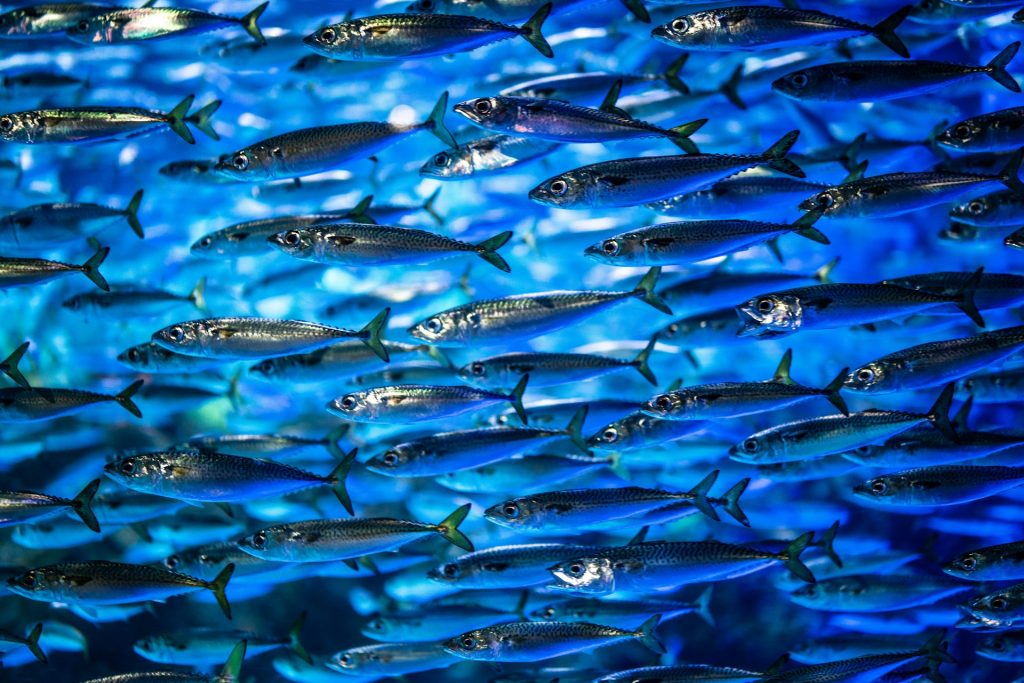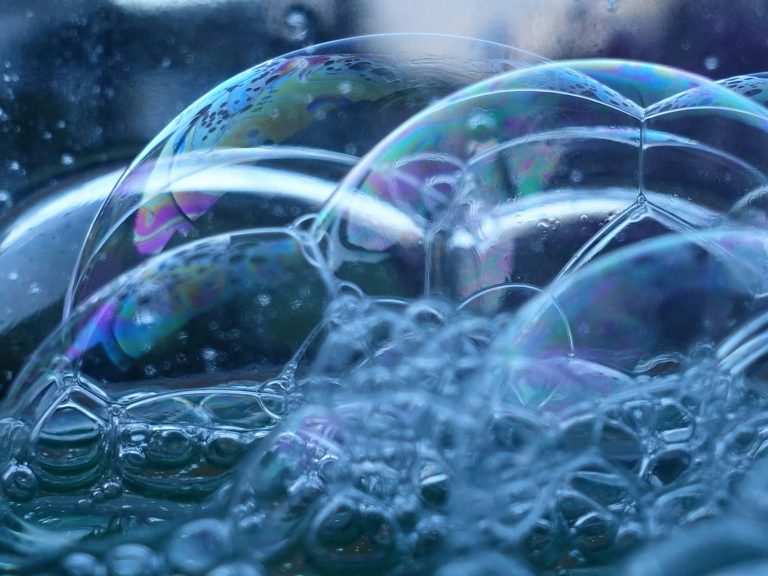
Physical interactions that bring relief to clinical conditions
Case Study – Lamellar Biomedical
This case study was originally posted by the Industrial Biotechnology Innovation Centre (IBioIC) here; IBioIC also funded the work.
The mortality rate from salmon fisheries is currently reported at 13% and this represents a costly waste which is primarily destined for landfill. Around 20 – 25% of the biomass is oil and this presents an opportunity to recover value by using it to produce eco-friendly surfactants.
Conventional surfactants are produced by synthetic or petrochemical feedstocks and contribute to environmental toxicity. Eco Clean (now Surfteic) want to harness oil extracted from fish industry waste to create an eco-friendly, high-value, bio-based surfactants. This innovative approach would ensure affordability and align with sustainable practices.

Eco Clean/Surfteic produced surfactants from fish oil waste which is well-suited for different Fast-Moving Consumer Goods (FMCG) industries, aiming to meet UK/EU standards and address environmental and economic challenges. The goal is to eliminate fossil-fuel-derived surfactants by 2030. This project helps to identify the potential applications for the surfactant.
Research focused on developing and moving towards more environmentally friendly materials and formulations is a topic that I am personally invested. During this project we investigated the properties and effectiveness of Eco Clean/Surfteic biosurfactants. Eco Clean/Surfteic products showed promising behaviour to be used as surface active agents.
Feasibility funding from IBioIC enabled Eco Clean/Surfteic to work with Dr Andreia Silva from the Edinburgh Complex Fluids Partnership (ECFP) at the University of Edinburgh. Dr Silva measured the effectiveness of the Eco Clean/Surfteic biosurfactant for reducing surface and interfacial tension between different fluids and demonstrated that the Eco Clean/Surfteic biosurfactants are surface active and effective in decreasing surface and interfacial tension between air and water, water and hexadecane, and water and mineral oil. Emulsion tests suggested that the Eco Clean/Surfteic biosurfactants have the potential to be used to form and stabilise emulsions.
Eco Clean/Surfteic secured additional funding through Strathclyde Inspire 100 award, letters of support from potential customers, and commercial support from Zero Waste Scotland.
This project established a set of metrics to comprehensively assess the advantageous properties of the Eco Clean/Surfteic biosurfactant, considering both its physical and chemical characteristics as well as performance boundaries. ECFP compared it to existing market solutions and explored potential applications. Eco Clean/Surfteic wanted to find out if their biosurfactant is a suitable replacement for regular surfactants, making it easier for customers to choose this more environmentally friendly and cost effective option.
The project put Eco Clean/Surfteic in a good position to seek additional funding to start scaling up and enhanced their understanding of knowledge gaps for further research and development. Better understanding of their product’s performance compared to traditional biosurfactants now helps them identify Fast Moving Consumer Goods (FMCGs) suitable for their product and therefore a target market. Essential data produced by this project also supports Eco Clean/Surfteic’s business plan and advances their investor-readiness and plan for commercialisation by 2025.

Please get in contact with us to find out more about ECFP and whether we can help you.

Case Study – Lamellar Biomedical
ECFP delivers fundamental product insight enabling improved formulation and processing for a more sustainable future.